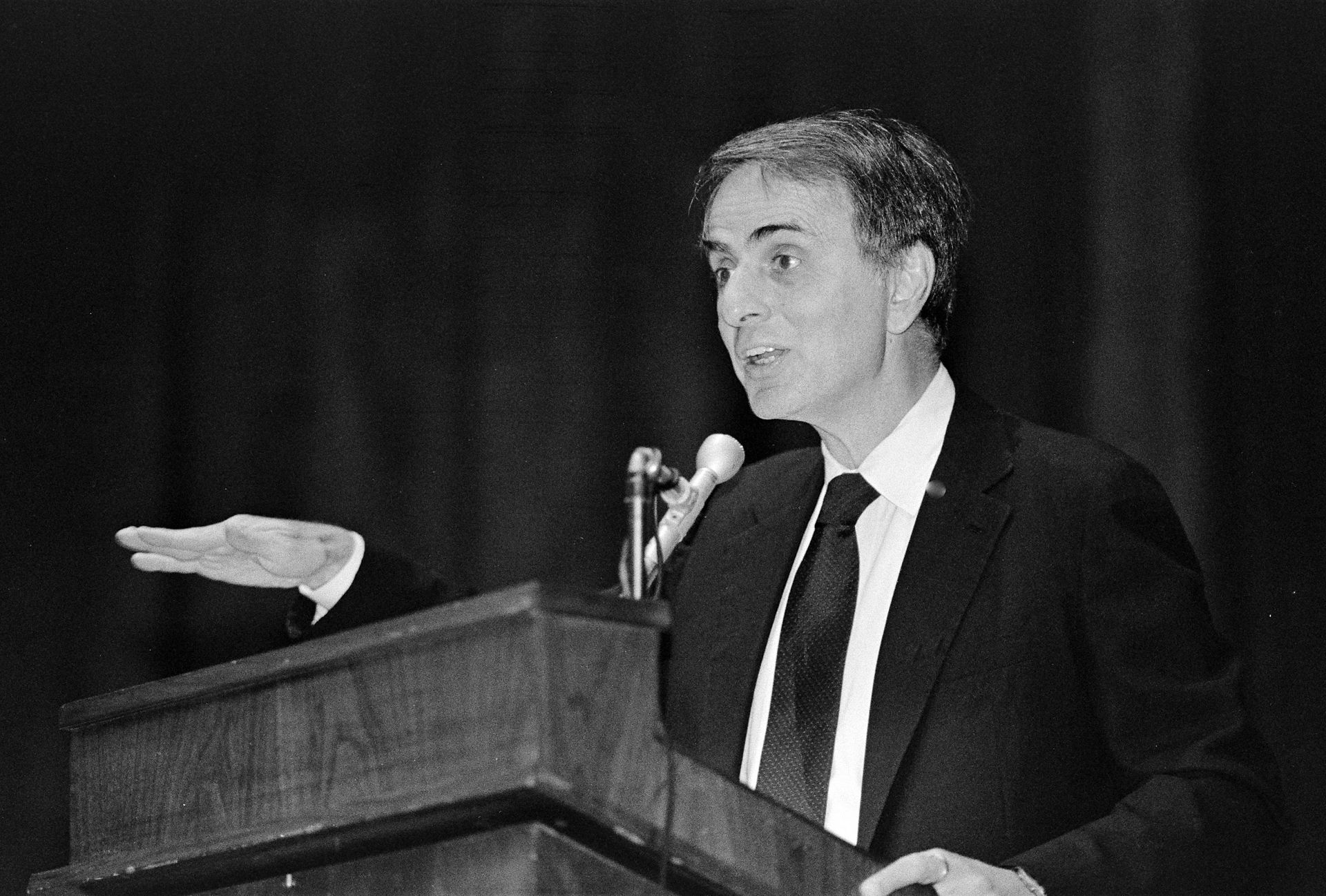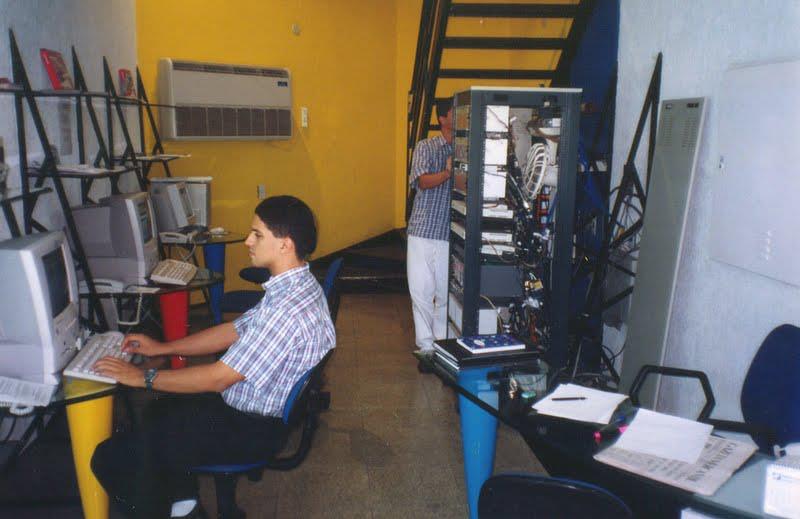The Day When Steve Ballmer Visited UCL
It’s spring in Belgium and the weather looks great! The sun is doing a great job in the sky and flowers are making the UCL campus even more beautiful. This morning, as all of others, thousands of students were going on all directions, from home to class, from class to restaurants, shops, laboratories, etc. Most of the people didn’t realize that there was a multimilioner guy giving a speech at Louvain-La-Neuve: Steve Ballmer, CEO of Microsoft, one of the largest software companies in the world.
Everything looked calm. There was no open source activists on the streets and a lot of people moved calmly to the auditoriums. Actually, It’s very rare to see any kind of radical behavior in Belgians. They are very polite, keeping their critics in mind to expose them in an appropriate moment. People also understand that Microsoft is very tired with all the successive losses against the European Antitrust Commission, and now it’s time to give them another chance to make fair business in the European market. After all, it’s also a good moment to start some initiatives with universities, which should prepare more and more professionals to supply a hungry searching for talents on business.
They organized two events in parallel at UCL. The most important one was for guests in the biggest and greatest UCL auditorium. The other one, in an old and hidden auditorium, which was a cinema a long time ago and now it was adapted to receive class sessions, was dedicated for students, the next generation of Belgian entrepreneurs. I didn’t receive an invitation for the most important one, but my place was reserved in the old and hidden auditorium.
The student track, the simplest one mentioned above, had three sessions. The first and second sessions were led by local Microsoft speakers. The last session, or the end of the show, was led by Steve Ballmer. The first guy made an excellent speech about Web 2.0. He was very honest, giving great examples about Web 2.0, illustrated with the Google search engine, Youtube videos, and other great web tools. The funny thing is that none of the examples actually use Microsoft technology. Is there no example about the impact of Microsoft technology on the web 2.0? Of course there is. Recently, I saw a Microsoft Office running on the web, doing amazing things within Internet Explorer. Why did they avoid to talk about that? Another funny thing is that I’m sure I heard a Mac OS Leopard sound that means the sound volume changing. I know that because I listen the volume of my wife’s mac changing all the time. Or Microsoft put the same sound to change the volume on Vista or the speaker thinks it’s better to make a Microsoft presentation using a Mac.
The second speaker was great too. He convinced everybody about what is important when you want to become a leader. It was more motivational than technical. The bad part was when a security guy tried to forbid students to take pictures of the stage! Can you believe that? Are the slides under copyrights too? He acted against at least three students, which was sufficient to keep the whole audience quiet enough to listen to the speaker talking about human limitations imposed by the society. Once again, nothing about Microsoft. All about Mikey, Disney cleaners, John Kennedy, but nothing about Vista, .NET, Silverlight, XBox, which are products oriented to give more productivity and improve the user experience. Why do they want to avoid speaking about such products? Where is “Your Potential. Our Passion”? Come on! I would like to know how Microsoft is going to support the application of my creativity in my future. Will I have an answer? Unfortunately, NO!
Steve Ballmer entered on the stage to say how was boring to have college classes and how was great to lead smart guys. I agree with the last part, but I’m trying to understand why he said something so bad about colleges inside one of them (UCL). Anyway, I think he achieved his intention, motivating the audience. He was also the only guy to talk about Microsoft, even if most of the subjects were about the past of Microsoft instead of the present and future. Well, everything was going almost 100% great when he decided to answer a question criticizing IBM saying that it isn’t so much concerned with personal users. In my opinion, he continued looking back, because everybody knows IBM’s focus nowadays is on corporate users, who are happy with their systems running 24/7 without blue screens, anti virus overhead and legacy incompatibilities. Right?!
Recent Posts
Can We Trust Marathon Pacers?
Introducing LibRunner
Clojure Books in the Toronto Public Library

Once Upon a Time in Russia

FHIR: A Standard For Healthcare Data Interoperability

First Release of CSVSource

Astonishing Carl Sagan's Predictions Published in 1995

Making a Configurable Go App

Dealing With Pressure Outside of the Workplace

Reacting to File Changes Using the Observer Design Pattern in Go

Provisioning Azure Functions Using Terraform

Taking Advantage of the Adapter Design Pattern

Applying The Adapter Design Pattern To Decouple Libraries From Go Apps

Using Goroutines to Search Prices in Parallel

Applying the Strategy Pattern to Get Prices from Different Sources in Go
